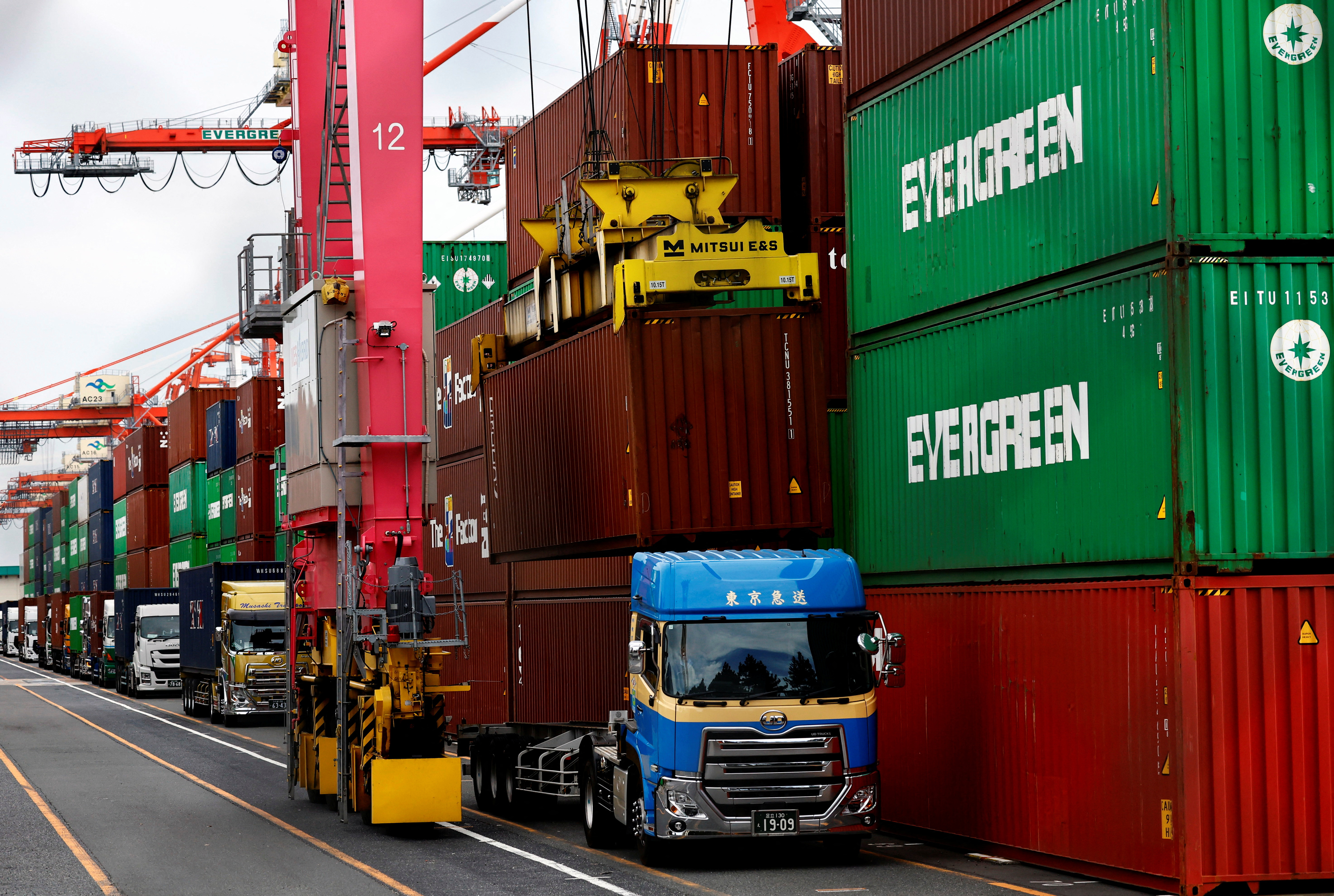Japan's Export Decline: Impact of U.S. Trade Tensions
Japan's exports have experienced a significant downturn, marking the sharpest decline in eight months. This economic shift is largely attributed to ongoing trade uncertainties and declining shipments to key partners like the United States and China.
Key Factors Contributing to the Export Decline
The decline, although less severe than anticipated, reflects broader concerns about global trade dynamics. Exports to the U.S. decreased by 11.1%, while exports to China, Japan's largest trading partner, fell by 8.8%. This contraction is particularly concerning given Japan's heavy reliance on exports such as automobiles and electronics.
Trade Diversification and Strategic Alliances
While Japan benefits from its strategic alliance with the U.S. and exemptions from some tariffs, the country is also actively pursuing trade diversification through agreements like CPTPP and RCEP. This strategic pivot aims to reduce dependence on the U.S. market and mitigate potential risks associated with trade policies.
Economic Impact and Bank of Japan's Assessment
The Bank of Japan (BOJ) has cautioned that Japan's economic growth could moderate due to trade-related factors, impacting both overseas economies and domestic corporate profits. Falling exports have already contributed to a 0.2% contraction in Japan's economy in the quarter ending in March.
Ongoing Trade Negotiations with the U.S.
Amid these challenges, U.S. President Donald Trump has described trade talks with Japan as "tough." Negotiations are currently underway to avert potential tariff increases on Japanese exports to the U.S., highlighting the importance of these discussions for the future of Japan's trade relationship with the United States.







